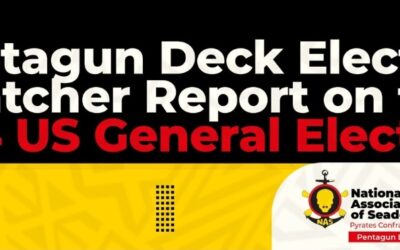Thousands of African Union troops are already in Darfur – Gordon Brown. Protests are taking place in 30 countries to bring attention to the crisis in Sudan's Darfur region. London, Paris, San Francisco and New York will all hold events ahead of key meetings of world leaders at the United Nations next week.
On the Global Day for Darfur, British Prime Minister Gordon Brown called the conflict "one of the great tragedies of our time".
Some 200,000 people have been killed and 2m displaced in Darfur since 2003.
The government in Khartoum and Arab militias allied to it have been blamed for massacres of Darfur's black African population – charges the government denies.
'Strong message'
Demonstrations organised by groups including Amnesty International, Human Rights Watch and the Save Darfur Coalition are scheduled from Japan to Vancouver to Accra in Ghana.
MAJOR DARFUR RALLIES
London: March from Sudan embassy to Downing St
San Francisco: Film screening and interfaith prayer
New York: Rally and speeches outside UN HQ
Ottawa (Mon 17th): Blindfold wearing and human chain outside Canada's parliament
France: Events in at least 18 cities
Accra, Ghana: Blindfolds and people chain
One theme will be the donning of blindfolds to tell world leaders not to look away from the continuing violence in Darfur.
Organisers insist the leaders must act when they meet at the United Nations next week.
The director of Human Rights Watch, Tom Porteous, said there was a window of opportunity for the provision of an effective peacekeeping force but it must be taken.
He added: "We will also be addressing a very strong message for the Sudanese government, which bears the bulk of the responsibility for this conflict."
On Sunday, Gordon Brown told the BBC World Service he wanted Darfur's proposed peacekeeping force to be in place by the end of the year.
Mr Brown pledged technical help for the UN-African Union force and warned of further sanctions if fighting continued.
Analysts say Mr Brown's timetable for a peacekeeping force is ambitious, given that Sudan's Arab government has been reluctant to accept the involvement of non-African troops.
Khartoum agreed to a hybrid peacekeeping force including some UN peacekeepers only after months of negotiations.
Government forces and their allies continue to fight local rebels, but Mr Brown said it would "disastrous" if the fighting did not stop.
"This is an attempt… to bring the [UN] resolution, the ceasefire, political settlement, all these things coming together," he said.
"If that were to happen, we'd be prepared to give economic assistance so that the people of Darfur were in a better position and we can start to rebuild.
"If it doesn't work and we find that the government of Sudan is not making the changes necessary, then we will have to move to further sanctions."
Chinese team
On a visit to Rome this week, Sudan's President Omar al-Bashir said he was willing to sign a peace deal with rebel groups ahead of talks with them in Libya on 27 October.
BBC world affairs correspondent Mark Doyle says the UK leader's comments reflect Western impatience with the Khartoum government. Commentators have accused Sudan of deliberately blocking attempts to mediate the conflict.
The peacekeeping force will be made up of about 20,000 soldiers and 6,000 police officers.
Thousands of African Union peacekeepers are already in the region, the rest are due to begin arriving next month.
On Sunday China allowed a rare viewing of a military base where engineers and medical staff are preparing for deployment in Darfur.
Analysts say China hopes the 300-strong team will deflect widespread criticism of its reluctance to approve foreign intervention in Darfur.
BBC News
Sunday, September 16, 2007




